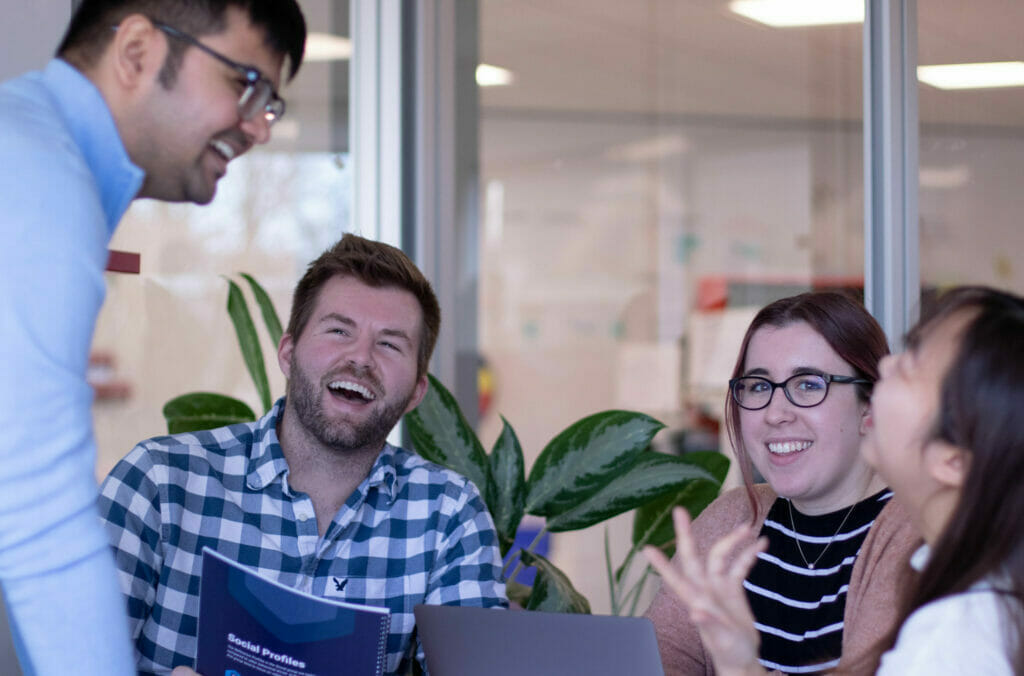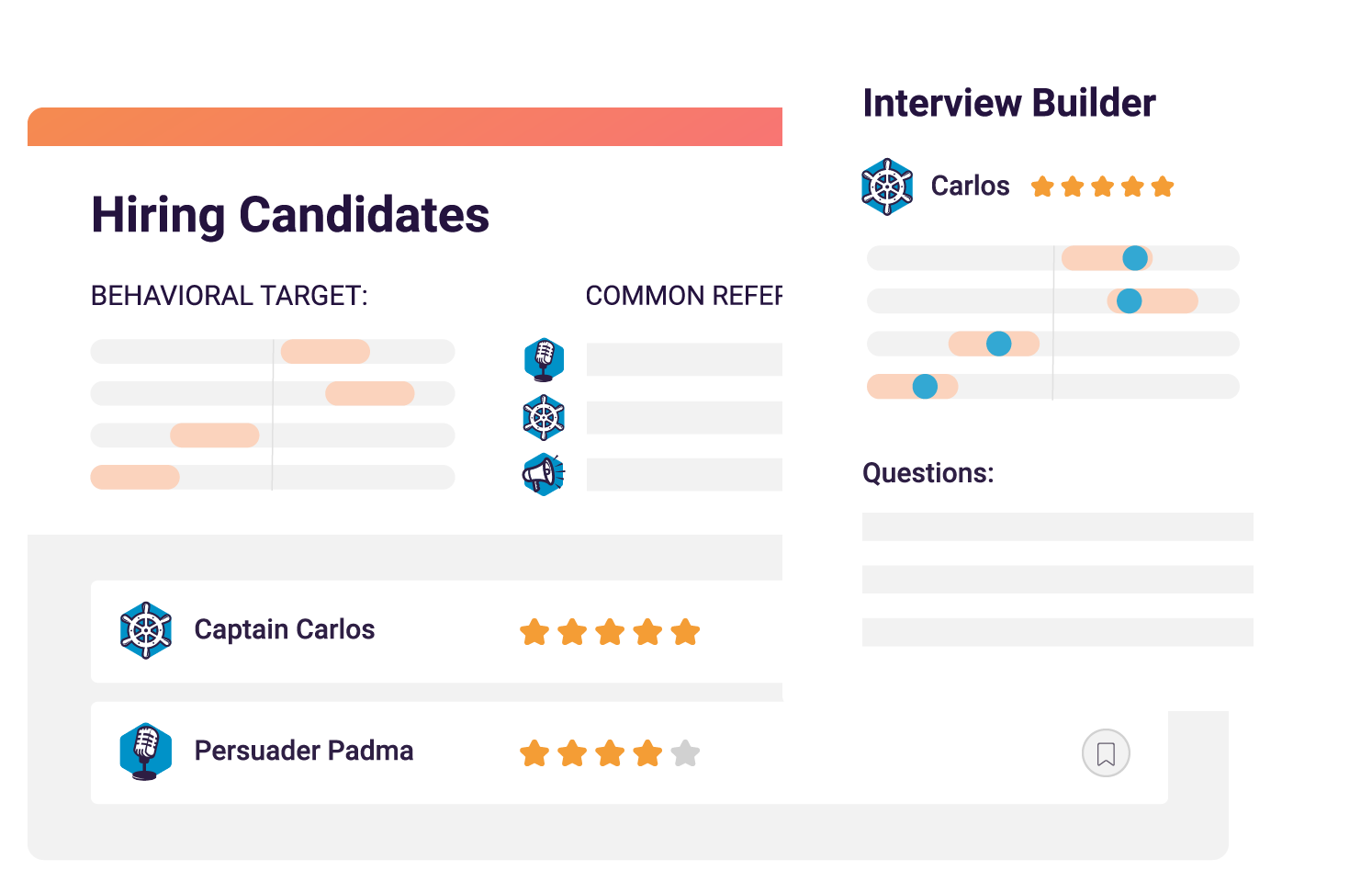Picture it: Sicily, 1922. Kentucky, 2003.
A young boy sneaks home from a secret date with his boyfriend, only to be caught by his mother just before making it to his bedroom. The hickey on his neck betrays the evening’s tryst, and before he knows it, it’s the next day and he’s driving home from a birthday party and his mother is asking once again who gave him that hickey.
“Was it Susanna?” her sing-song guessing game begins.
“No.”
“Was it Brandi?”
Sweat beads on my forehead, my eyes darting for an excuse.
“No.”
A pregnant pause, a gruff scoff. And then,
“Was it Frank?”
There it was. The question I had avoided for 17 years; the question that would change my life forever. I hesitated for just a moment before the exhaustion of 17 years of running away from my problems, from myself, crashed over me like a waterfall.
“Maybe.”
If I ever write an autobiography, that will be the title. That little word caused everything to slow down and speed up simultaneously. It caused my mother to swerve across the yellow line in the road, to peer at me with contempt from the side of her eye, to smoke an entire pack of cigarettes during the 15-minute drive home.
The days and months following that moment were filled with animosity. Every conversation with my parents ended in yelling. My mother, who after she had lost her own mother years earlier would end every conversation with “I love you,” suddenly replaced those words with “Don’t do anything stupid.” I was told I was going to hell, that I wasn’t raised this way, that God made man for a woman. I was told that she’d rather I drank, smoked, did drugs—all of that was better than being gay.
To cope with this news, my parents brought my uncle over to talk to them, and then with me. As a mechanic/southern baptist preacher, he was apparently well-versed in how to handle this situation. I was asked if it was OK for him to read from the Bible. I acquiesced, but tuned out for the duration. He then asked if it would be alright if they all prayed for me. As my family closed in around me, bowed their heads, and touched my shoulders, I felt a little padlock click into place over my heart. I could no longer allow these people to hurt me. I was on my own.
This experience is why Pride exists. I am not proud because I am gay; I am proud because I survived. I put on my armor and marched my way through life, pushing out everyone who got near me until I made it to a place I realized was safe. And there, I thrived: I found the love of my life, got married, and built a home together; I surrounded myself with friends who are more of a family than those with whom I share blood ever were, who love me for me—all of me; I sing in a gay men’s chorus; I play softball in an LGBT+ league; I am able to be 100% me, all the time, without fear that those who are supposed to love me might not one day because of something I can’t change.
It took so long to get here, but
I am proud of myself.
I am proud of myself.
I am proud of myself.

How you can show and support Pride too
Pride Month is more than just a celebration of LGBTQ+ history and culture. It’s a time to support the community, amplify its voices, and provide a safe space for people of all identities to share their stories. It’s also an opportunity to highlight the hardships the LGBTQ+ community continues to face—and advocate for change.
Here are some ways you and your organization can support Pride and its causes:
- Read about the history of Pride Month and the June 1969 Stonewall Riots.
- Learn how to be an active LGBTQ+ ally and respect all gender identities.
- In 2020, 40% of LGBTQ youth “seriously considered” suicide. Recognize the warning signs, and prevent future deaths.
- See from another’s eyes by listening to these songs on acceptance and belonging.
- Be cognizant of the hollow brand messaging that is “rainbow washing.”
- Put your words to action by voting against discriminatory legislation and supporting bills like the Equality Act.
- Signal that your company is a safe space with online branding and in-office signage.
- Donate to organizations like the Human Rights Campaign, The Trevor Project, Trans Lifeline, the Center for Black Equity, and GLAAD.
One of the most important “steps” is to step. Take the time to explore these resources. Have a candid conversation with a friend or family member. Support a cause you hadn’t heard of until today.
While self-education is critical, that alone won’t get us where we need to be. Allyship isn’t just acceptance; it’s advocacy. It’s about dropping the pad and pencil for a megaphone, and being not a rock for your community, but a pillar.
It takes courage and effort from all of us to build a workplace—and world—where everyone is not just accepted, but supported and valued. Now’s the time to start.
Join 10,000 companies solving the most complex people problems with PI.
Hire the right people, inspire their best work, design dream teams, and sustain engagement for the long haul.








